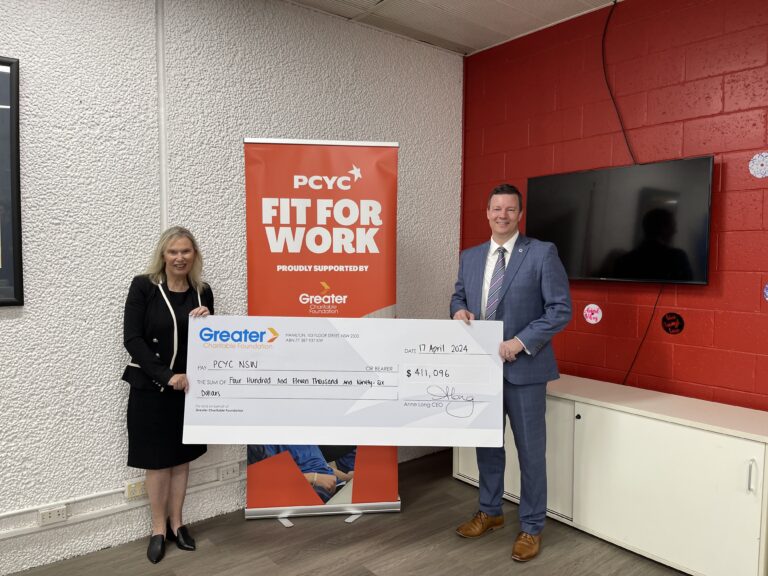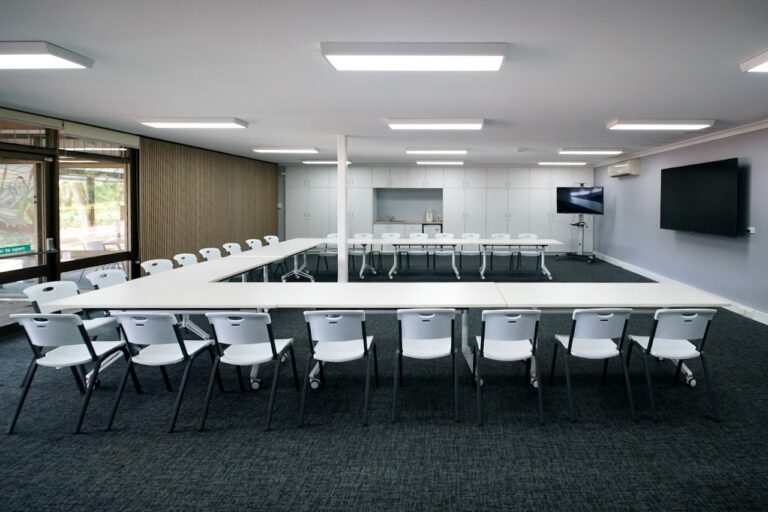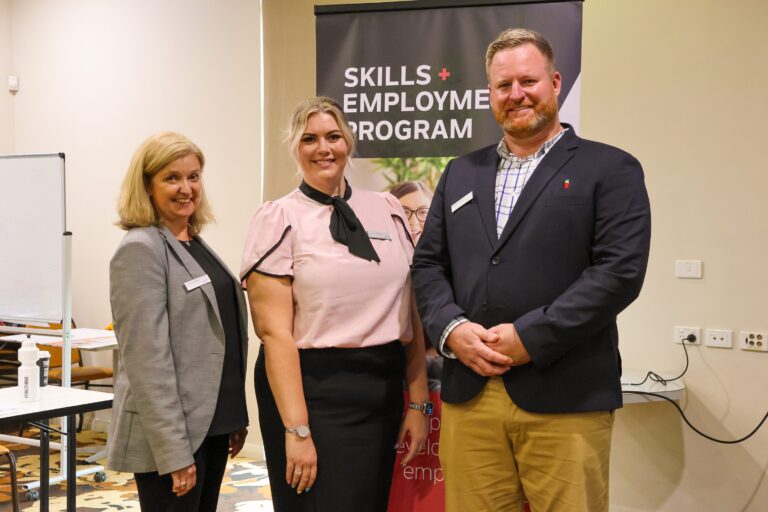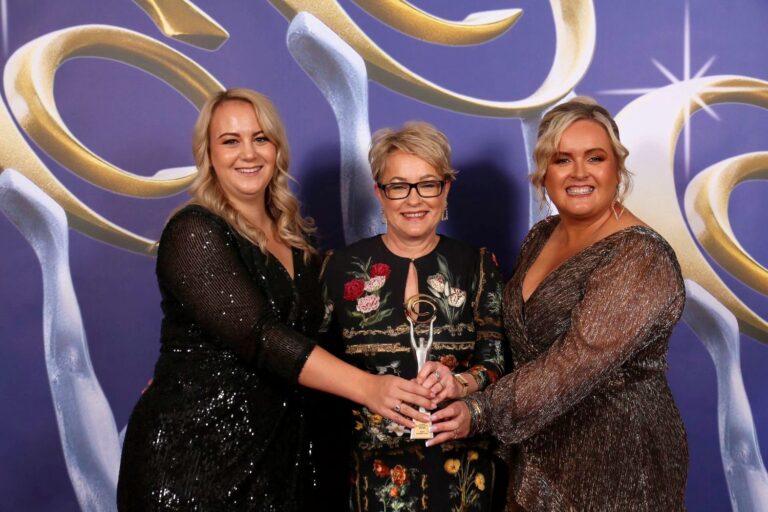Manufacturing is a critical industry in the Hunter region. It is an output generating sector estimated to be worth over $18 billion pre annum. It is also an industry that is linked to global manufacturing – particularly sensitive to global economic shifts, with a reliance on global supply chains – and the many manufacturing powerhouses in the Asia-Pacific region which drive competition.
The global economy is slowing down. That means there are numerous challenges facing manufacturers making it important for business owners to understand at a holistic level the industry direction.
A global KPMG survey of 1,325 CEOs across 11 markets conducted between July and August 2022 found that leaders remain confident of their company’s growth prospects for the next three years. This level of confidence has hardly changed over the past 12 months. They are also optimistic about the growth of their industry between now and 2025, much more so than in previous polls.
CEOs are, however, less confident about the short-term growth prospects for the world economy. As governments tackle rising inflation by dampening demand, 83 percent of CEOs believed there will be a recession in 2023 and considerably fewer, 63 percent, expected it to be mild and short. Despite the optimism about the longer term, more than three quarters admitted a recession may affect their company’s three-year growth prospects.
Almost four in five expected earnings to take a hit of six percent or more. However, there are areas of anticipated continued demand. For the Hunter, manufacturing in the defence industry continues to be a strong strategic focus. This corresponds with global military spend hitting an all-time high in 2020 of $2.9 trillion.
In order to capitalise on this opportunity, manufacturing operations needs to be future focused.
Now more than ever, Industry 4.0 capabilities play a central role in making Australian manufacturing competitive both locally, and globally. Making the transition to achieve an agile, fast growing and highly profitable manufacturing business starts by charting out your pathways to desired target state.
This includes:
- Having clarity on your customer focus and where and how you interact with them
- Being clear on partnerships across your business from suppliers through to deliver partners and distributors
- Understanding at a granular level your operations and where they could be optimised
- Identifying parts of the value chain needing to adopt further automation or advanced technologies
Ensuring alignment on these fundamental focus areas allows management teams, and their organisations, to have a clear view of the direction they want to take.
Bringing supply chain closer can speed up ‘go to market’, provide more control and more flexibility, contribute to the growth of communities, and help the environment. For local organisations to be attractive enough to be part of the Australian supply chain, there is a necessity to accelerate the adoption of modern technologies.
This helps local businesses to be sustainable, socially aware, well governed, compliant with regulation, and cost competitive. The challenge for many organisations, can be to decide ‘what to do’ and ‘where to start’.
KPMG works together with local manufacturing, life sciences and automotive businesses to help them define and achieve their transformational journey. It’s typically one that is long term, sustainable and incorporates learnings from multiple local and global transformation. While the journey can be lengthy, a multi-speed adoption of the right technologies and approaches will enable benefits from accessible and affordable components such as those seen in the Industry 4.0 adoption cycle at an early stage.
Read more Australian manufacturing – growth and transformation – KPMG Australia.






